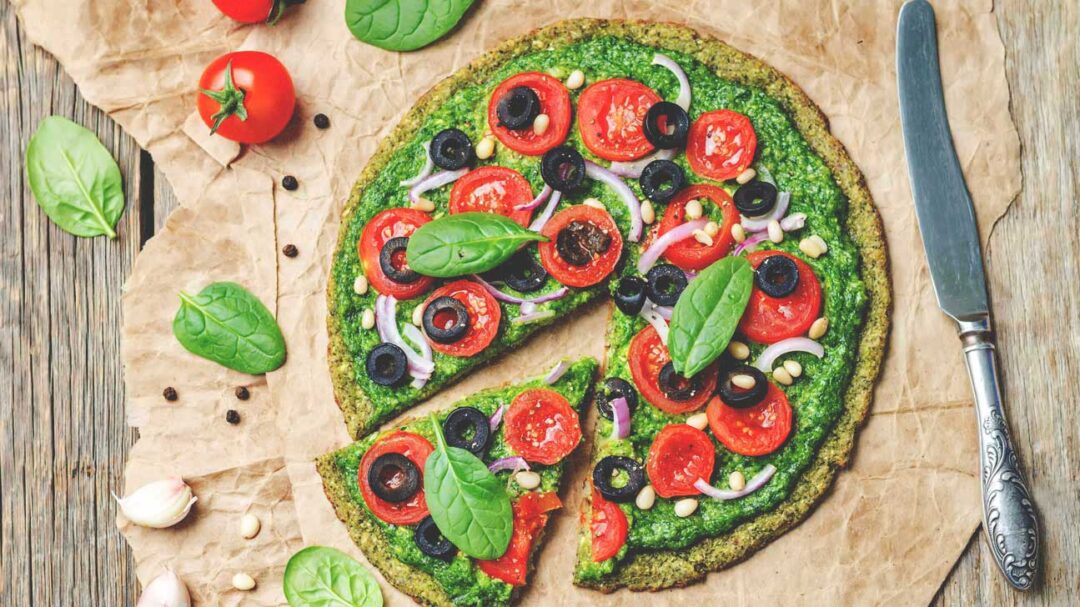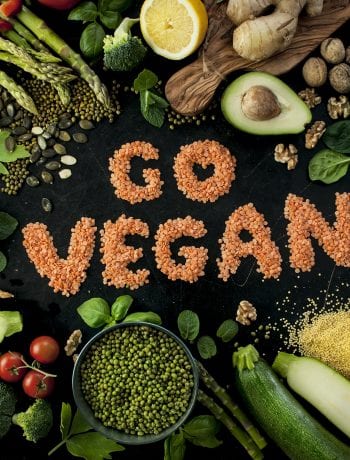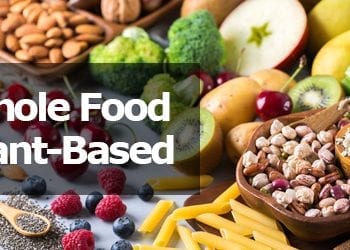A vegan diet is made up of plant-based foods, which means that there are no animal products in the diet. This can be a challenge for some people because it can be difficult to get the same level of nutrients that they would receive from meat and dairy products. It is also important to note that a vegan diet does not necessarily mean that the person is healthy or fit. In fact, it may actually be more taxing on the body than an omnivorous diet because it requires more fuel to produce the protein and other nutrients that are available in plant-based foods.
The Types of Vegan Diets
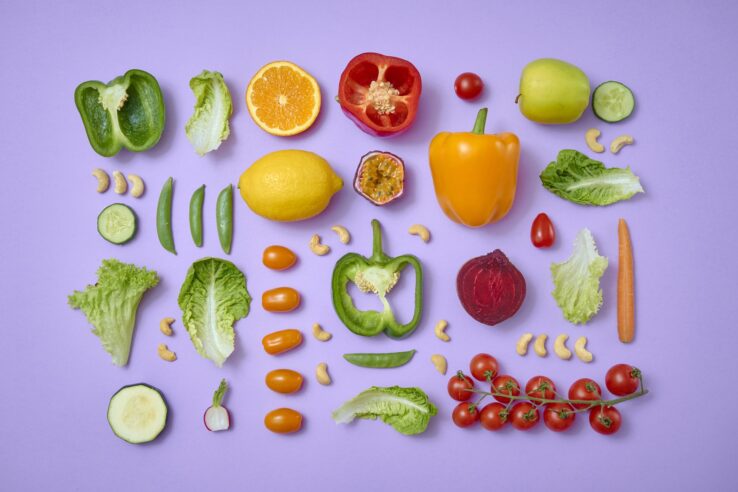
Source: goodhousekeeping.com
There are a few different types of vegan diets, each with its own strengths and weaknesses. The most popular type is the “vegan ketogenic diet,” which accounts for about 30% of all vegan diets. This type is high in healthy fats and low in carbs, meaning that it can help you lose weight and maintain your energy levels. However, this diet is difficult to follow because it requires careful tracking of your food intake. Following vegan news can also be helpful with staying on track.
Another popular type is the “raw vegan diet” which consists of fruits, vegetables, nuts, seeds, and whole grains only. This type can be easier to follow than the previous one because you don’t have to worry about counting carbs or calories. However, raw veganism isn’t as healthful as some other types of veganism because it doesn’t include enough nutrient-rich foods.
The “vegan Mediterranean diet” combines elements of the raw vegan diet with the traditional Mediterranean eating style. This type is considered to be a healthy way to eat because it includes plenty of fruits and vegetables along with whole grains, nuts, and legumes.
Protein Requirements on a Vegan Diet
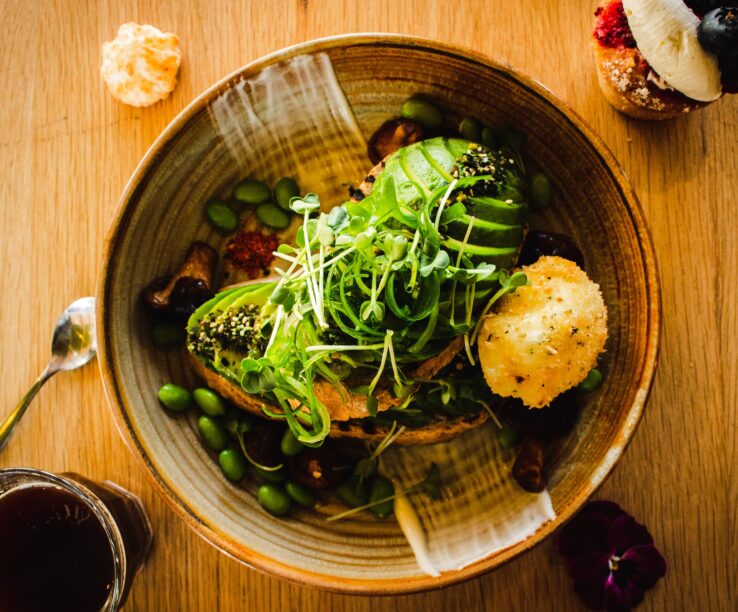
Source: unsplash.com
A vegan diet is made up of foods that do not include any animal products. This means that a vegan must consume a different set of proteins than someone who consumes meat. A vegan’s protein requirements will be higher than someone who consumes meat because the vegan does not get the same amount of B-12 and other nutrients found in animal products.
To calculate how much protein a vegan should consume, it is important to consider their daily calorie needs and make sure they are including enough plant-based proteins. The U.S. Department of Agriculture (USDA) recommends at least 56 grams (2 ounces) of high-quality protein per day, which can come from two or more meals throughout the day. Some good sources of plant-based proteins include beans, lentils, tofu, nuts, seeds, and grains. Incorporating high-impact plant protein powder into your morning routine makes it easier to reach your daily protein goals and maintain energy levels throughout the day. It is important to remember that these numbers are estimates and will vary depending on the person’s weight and activity level.
Foods to Eat on a Vegan Diet
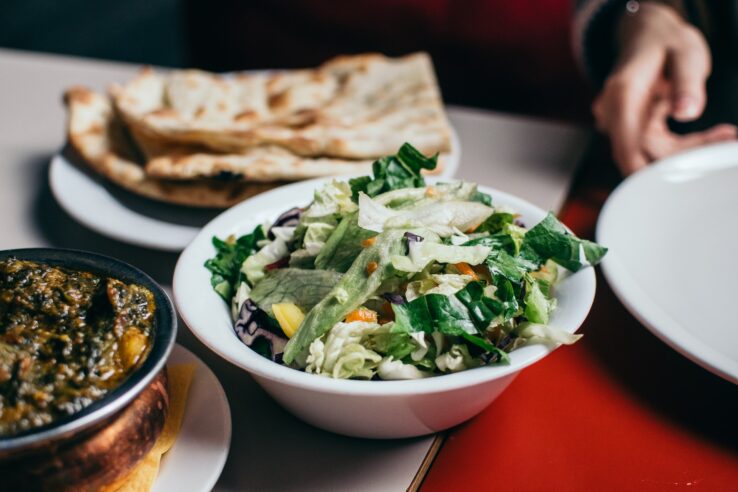
Source: unsplash.com
When you go vegan, you may be tempted to cut out all of the foods that contain animal products. But this isn’t always easy to do. In fact, it can be harder to stay on a vegan diet than it is to follow a traditional diet.
Here are some foods that are good for this diet: grains, fruits, vegetables, legumes, nuts and seeds. You can find these ingredients at most grocery stores.
You don’t have to miss out on protein either. There are plenty of plant-based sources of protein, including beans and legumes, tofu and soy products, nuts and seeds. Just make sure that you choose sources of protein that are low in saturated fat and cholesterol.
If you want to avoid processed foods, you can also try making your own meals using whole grains, fruits and vegetables. Or try preparing meals using ready-made meal kits or pre-packaged food items that are labeled as vegan friendly.
How to Make Sure You Are Eating Enough Nutrients on a Vegan Diet?
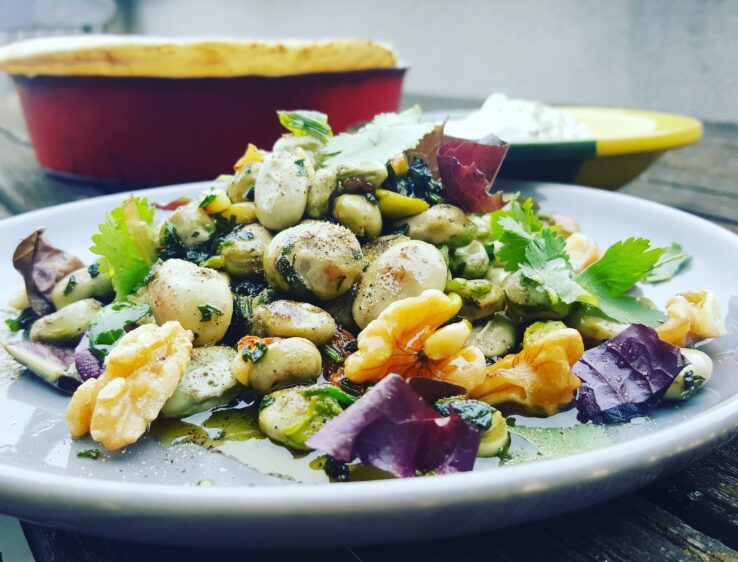
Source: unsplash.com
A vegan diet is high in fiber, vitamin B12, and other nutrients. However, it’s also low in calories and protein, which can make it difficult for people to maintain a healthy weight. In order to make sure you are eating enough nutrients on a vegan diet, be sure to consider the following tips:
- Include plenty of fruits and vegetables in your meals. A vegan diet is high in fiber, so it’s important to include plenty of fruits and vegetables in your meals to help you stay full. Choose dark green leafy vegetables, such as kale or collard greens, and colorful fruits, such as grapefruit or strawberries, as they are high in antioxidants.
- Make sure you are getting enough B12. A vegan diet is low in protein, so be sure to include B12-rich foods like fortified plant-based milk or cereals when you are hungry. B12-fortified foods may also be available at some food stores.
- Try using soy products as a source of protein. Soy products are high in protein and can provide the necessary amounts of nutrients for vegans who do not eat meat. There are many different types of soy products available on the market today, so find one that suits your needs best. Some examples include tofu (made from ground soybeans), tempeh (a type of soy curd), edamame (soybeans boiled in their own water), and legumes, such as lentils and peanuts.
- Make sure you are getting enough vitamins B6 and B12. Many people who follow a vegan diet do not get enough of the B vitamins, which can lead to deficiencies in these essential nutrients. Some good sources of B6 and B12 include fortified plant-based milk, cereals, and supplements.
Conclusion
Following a vegan diet can be quite difficult if you want to maintain a healthy weight. There are many challenges that vegans face when trying to maintain a healthy weight, including the difficulty in getting the same level of nutrients that they would receive from meat and dairy products. The best way to overcome these challenges is to make sure you are eating enough nutrients, including fruits and vegetables, soy products, B12-rich foods, and vitamins B6 and B12.

